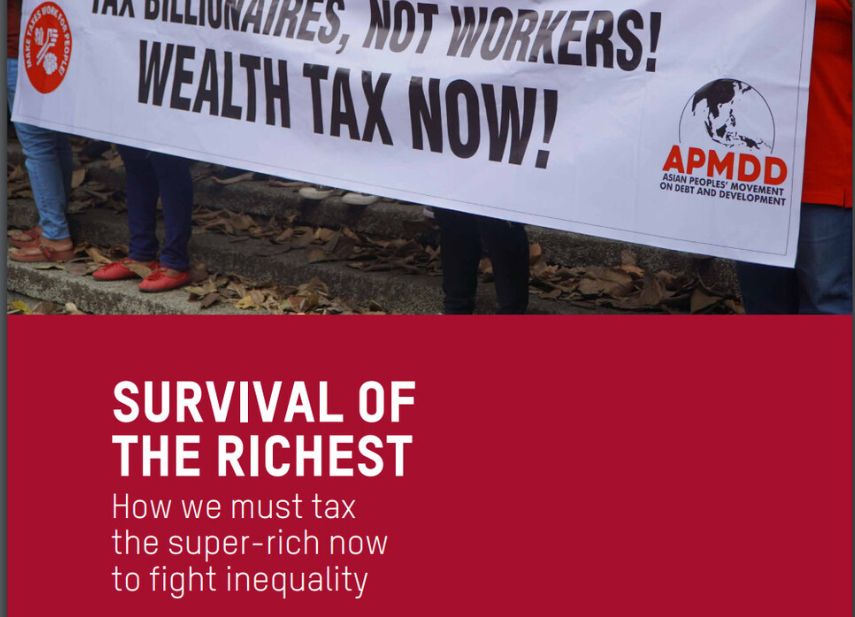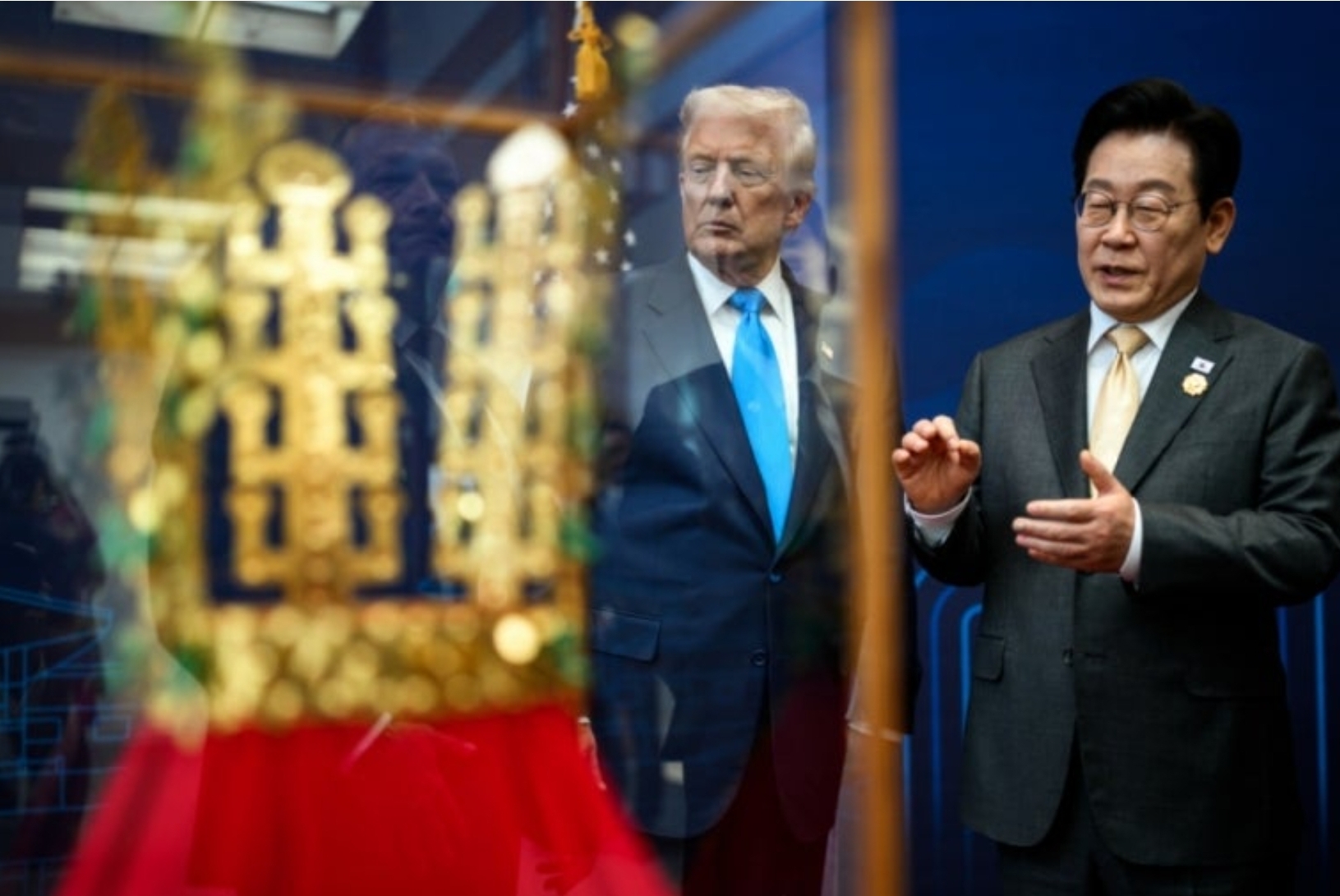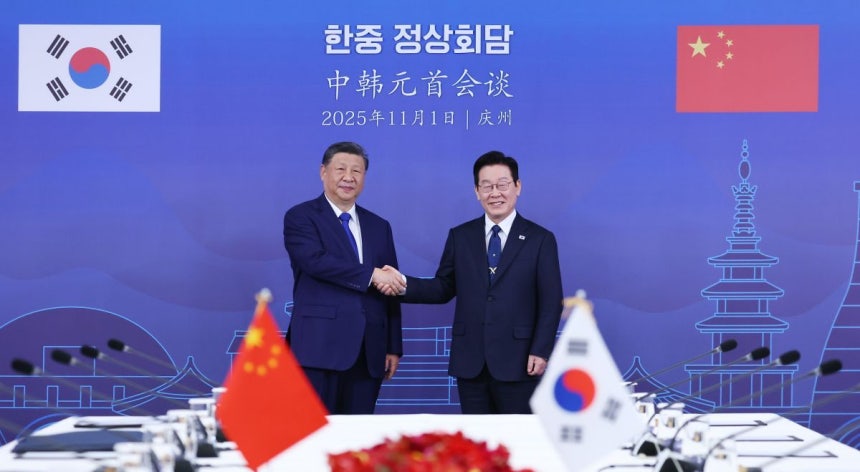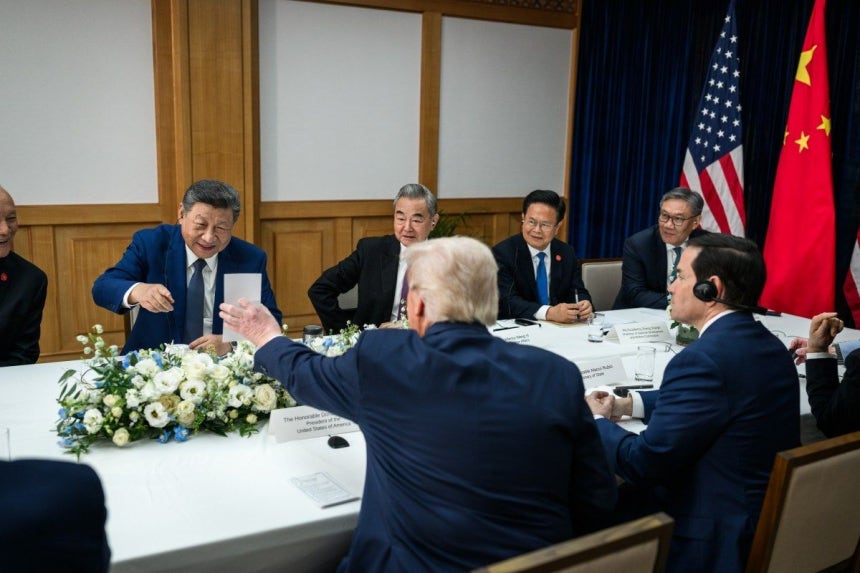2026.01.30 기상청GO
[International News] "The top 1% 'super-rich' earned 6 times more than the bottom 90% combined"
| 01-16 01:27
By Alexander Lee

Cover of Oxfam's 'Survival of the Super-Rich' report. Source: Website
A recent study found that the world's top 1% wealthiest people earned more than 6 times the total income of the bottom 90% over the past two years. This extreme inequality calls for the introduction of windfall taxes and wealth taxes.
International aid organization Oxfam released a report titled 'Survival of the Super-Rich' on January 16th, coinciding with the opening of the Davos Forum. The report revealed that during the two years of 2020 and 2021, when COVID-19 swept across the globe, 63% of the wealth generated went to the top 1% of the wealthiest, while the remaining 99% shared 37% of the wealth, and the bottom 90% received only 10%. For every dollar earned by someone in the bottom 90%, the wealth of the top 1% increased by approximately 1.7 million dollars.
Oxfam highlighted that the 'rich get richer and the poor get poorer' phenomenon has become more pronounced. Over the past decade, the top 1% took 50% of the newly created global wealth, but this ratio has now increased to 63%. They argue that extreme distribution imbalance should be corrected by introducing windfall taxes and wealth taxes.
During the last two years, the world faced multiple crises such as the climate crisis, unprecedented inflation, Russia's invasion of Ukraine, and the COVID-19 pandemic. However, the world's wealthiest became richer and corporate profits increased significantly. Oxfam focused particularly on energy and food companies that profited significantly from Russia's invasion of Ukraine. Their analysis of 95 energy and food companies showed that the increased prices were entirely passed on to the consumers, and 84% of the windfall profits were distributed to shareholders.
Some regions, including the European Union (EU), are pushing for the imposition of windfall taxes on fossil fuel companies that have seen a surge in profits due to the rising prices of oil and gas. Oxfam argues that this should also be applied to food and grain companies that have made significant profits from the food crisis. Gabriela Bucher, the executive director of Oxfam International, told the Associated Press (AP) that 'windfall taxes should be applied not only to energy companies that have made enormous profits from this crisis, but also to food and grain companies.'
Oxfam also pointed out that many countries have been fueling the 'rich get richer and the poor get poorer' phenomenon by cutting taxes for the wealthy and corporations under the pretext of attracting investment. For example, Elon Musk, the CEO of Tesla and the world's wealthiest person, had an effective tax rate of only 3% from 2014 to 2018, while Aver Christine, a flour seller in Uganda with a monthly income of 80 dollars, had a tax burden of 40%. Additionally, half of the world's billionaires live in countries without inheritance tax for direct descendants, resulting in more than 5 trillion dollars (approximately 6,172 trillion won) being passed on to the next generation tax-free, an amount greater than the total GDP of Africa.
Oxfam argues that to correct this injustice, it is necessary to not only introduce 'windfall taxes' and 'solidarity taxes,' but also to increase the minimum tax rates applied to the wealthy and corporations. Bucher stated, 'It's time to break the illusion that tax cuts for the wealthy will lead to a trickle-down effect. Over the past 40 years, tax cuts for the wealthiest have not raised all boats, but only lifted the luxury yachts.'
Reporter Alexander Lee alexanderlee_24@newsyn.co.kr
- 주요뉴스 뉴스속보
서비스안내
상호: 영남매일신문(주) | 사업자등록번호: 506-81-85807 | 대표: 강호성 | 신문등록번호 : 부산 가00021 / 인터넷신문등록번호 : 부산, 아00272
전화: 051-867-3909 | 팩스: 051-861-3463 | 주소: 부산광역시 연제구 중앙대로 1111, 1701호 (연산동, 위드타워)
copyright ⓒ 2015 newsyn.co.kr All right reserved. | web@newsyn.co.kr


 즐겨찾기추가
즐겨찾기추가

 RSS
RSS








